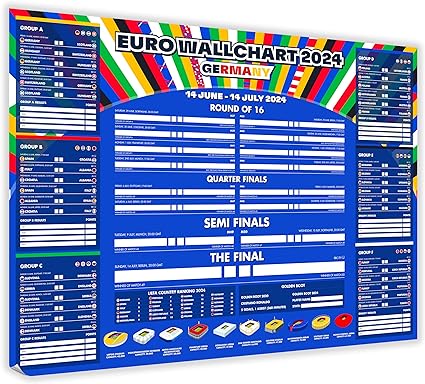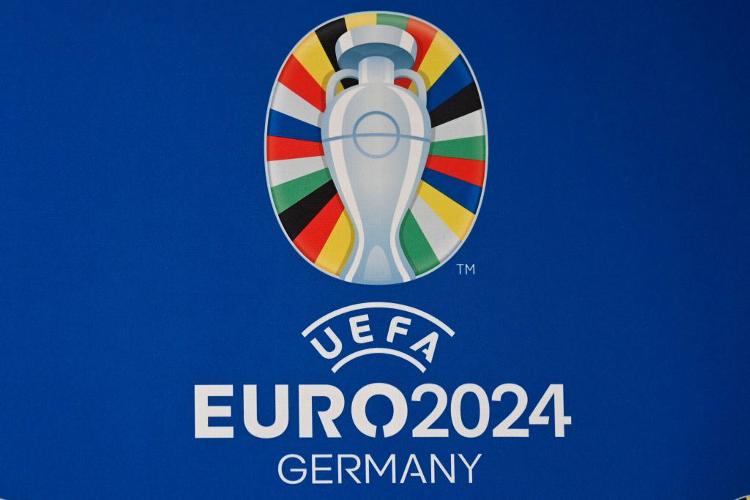Last week marked the 80th anniversary of D-Day, with sombre and moving ceremonies organised for the occasion – which will likely be the last significant anniversary that veterans of the event will attend. Fast forward a week, and today the European championships kick off in Germany, with the opening match between the host nation and Scotland – two of the combatant nations whose men fought and died on the beaches of Normandy.
I have a pet theory that international sport has provided a healthier outlet for many of the impulses that previously contributed to wars. It provides a vehicle for a nation to assert dominance over another, for its fit and athletic young people to compete against those of another nation, and for nationalistic sentiments to be channeled into something less sinister than they have been in the past.
I am mostly talking about football here – no other sport matches its tribal nature nor, frankly, the hint of fan violence never being too far from the surface – but the observation can be extended to other sports. Cricket matches between India and Pakistan are awfully tense affairs, and there were some famously eventful ice hockey matches between the USA and the Soviet Union in the 1980s. But notice the theme even in these examples; two nations with an adversarial history competing intensely – but in the arena of sport. Players and fans on both sides desperate to win, but not about to kill each other. The rivalries are fierce but much healthier in the arena of sport than in politics, and although the atmosphere in these stadiums is hostile I would say that it takes the sting out of the wider political rivalries. Sport provides the outlet for impulses that previously led to wars.
The USA ice hockey team celebrate after their 'miracle on ice' victory over the Soviet Union in 1980 (image from the New York Times)
Needless to say, my pet theory can't account for the very real wars currently being fought; Russia hosting the world cup in 2018 did not seem to satisfy their appetite to flex their muscles. But I still have a sneaky feeling that we would see more wars if it weren't for international sport.
The German and Scottish football teams will play against each other tonight, and fans on both sides will engage with each other in friendly and not so friendly ways. But the factors that will make tonight's match such a great occasion – competitiveness, patriotism, rivalry – led to the grandfathers and great-grandfathers of those players and fans fighting two catastrophic world wars against each other within the last 110 years. There is no doubt which is the healthier outlet.
AD:

EURO 2024 WALL CHART - https://amzn.to/4cjSmcf
Until recently, the impulse of a nation to crown itself top dog or of a flagging leader desperate to unite their people would have led to bloodbaths. Now, we (mostly) only have to look to an international sports tournament to unite a country in national pride and in opposition to everyone else.
Cover image from the Metro


